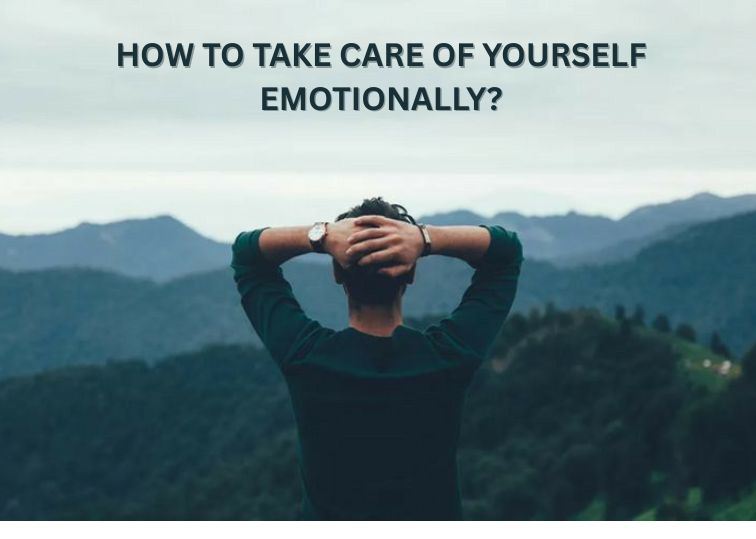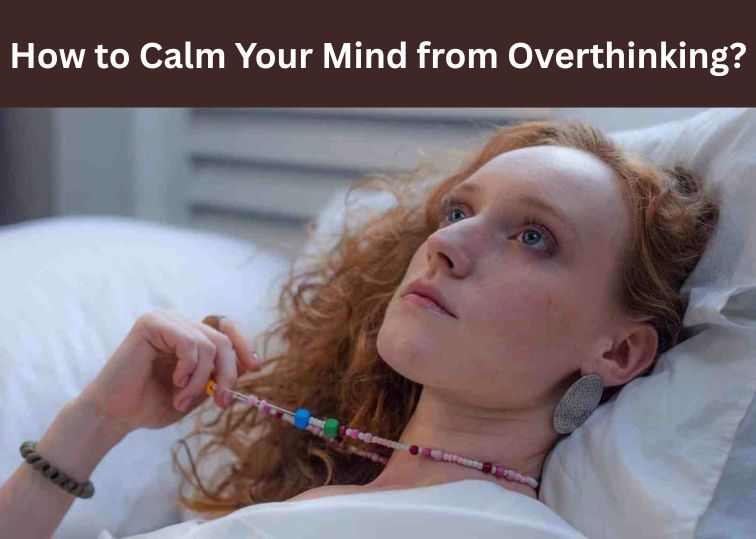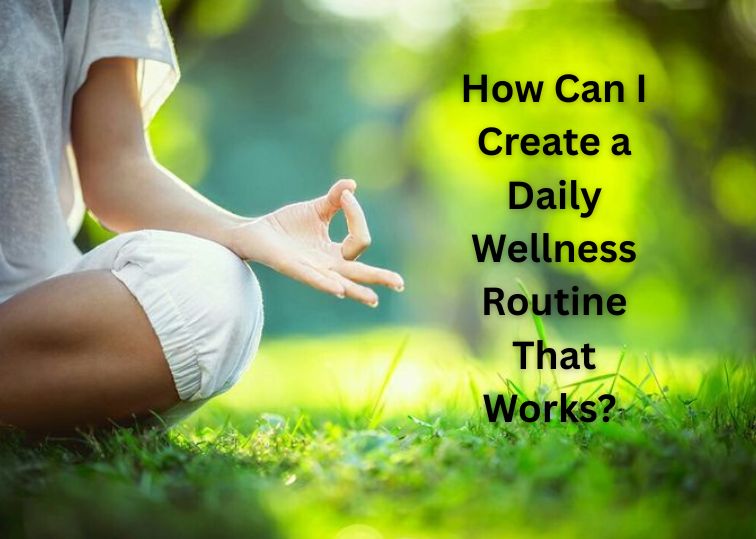Taking care of your emotions is just as important as taking care of your body. We often talk about eating right, sleeping well, and staying fit, but what about how we feel inside? Your mind and heart need care, too. Learning how to take care of yourself emotionally can make life calmer, happier, and more balanced. It’s not about being happy all the time. It’s about knowing how to handle your feelings when things get hard.
Let’s talk in simple words about how you can care for your emotional health every day.
What Does Emotional Self-Care Mean?
Emotional self-care means paying attention to your feelings. It’s about understanding your emotions instead of running away from them. You know those days when you feel sad, angry, or lost, and you just push those feelings away? That’s what most of us do. But ignoring emotions doesn’t make them go away; it just hides them for a while. Taking care of yourself emotionally means saying, “It’s okay to feel this way.” You give yourself space to feel, think, and slowly heal.
Why Emotional Care Matters
When you don’t take care of your emotions, small stress turns into bigger problems. You get irritated easily. You start overthinking. You feel tired even when you’ve done nothing much. But when you do care for your emotions, you start feeling lighter. You smile more. You handle problems calmly. You think clearly. Your relationships also get better because you’re not reacting out of anger or fear. You learn to respond with kindness and understanding. That’s why learning how to take care of yourself emotionally is one of the most valuable things you can do for yourself.
1. Listen to Your Feelings
Your emotions are messages from your mind. When you feel something, whether it’s sadness, anger, joy, or fear, it’s trying to tell you something. Instead of judging your emotions, try listening. Ask yourself, Why am I feeling this way?
If you’re sad, maybe you’re missing someone or something. If you’re angry, maybe you feel unheard. If you’re anxious, maybe you’re afraid of losing control. When you understand what’s behind your feelings, they start to make sense, and that’s the first step to emotional healing.
2. Don’t Bottle Things Up
Many people think being strong means hiding their emotions. But real strength is letting yourself feel and express them in healthy ways. If you feel like crying, cry. If you’re angry, talk about it instead of holding it in. Suppressing emotions only makes them explode later in bigger ways.
You can write in a journal, talk to a trusted friend, or even take a long walk and let your thoughts flow. The point is, don’t keep everything inside. It’s too heavy for one heart to carry alone.
3. Learn to Say “No”
Saying “no” is part of emotional care. You don’t have to please everyone. You don’t have to do everything people ask just to avoid hurting them. Every time you say “yes” when you don’t want to, you say “no” to yourself.
If something feels too much or doesn’t sit right, it’s okay to say no. You deserve peace too. Protecting your energy is a big part of how to take care of yourself emotionally.
4. Be Kind to Yourself
We often talk to ourselves in ways we would never talk to others. “I’m so stupid.” “I can’t do anything right.” “Nobody cares about me.” Would you ever say that to your best friend? Probably not. So don’t say it to yourself either.
Be gentle with yourself. Everyone makes mistakes. Everyone has bad days. Talk to yourself with kindness, like you would to someone you love. You can say, “I’m trying my best,” or “It’s okay to rest.” These small words can make a big difference in your emotional health.
5. Spend Time Alone
Being alone doesn’t mean being lonely. Sometimes, being by yourself helps you reconnect with your thoughts and emotions. Go for a quiet walk, sit in your room with your favorite music, or simply drink tea and do nothing.
Silence helps you hear your own voice again, something that gets lost in the noise of daily life.
6. Build Supportive Connections
You don’t have to handle everything alone. Having people who care about you makes emotional care easier. Talk to friends who listen without judging. Spend time with family who make you feel loved.
Sometimes, just having someone who understands is enough to make a heavy heart feel lighter. If you don’t have people you can talk to right now, that’s okay too. You can join online communities, support groups, or find a counselor. Sharing your feelings is healing.
7. Take Care of Your Body Too
Your mind and body are connected. When you’re tired, hungry, or stressed, your emotions become harder to manage. Eat healthy foods. Sleep enough. Move your body, even a small walk helps.
When your body feels good, your emotions settle too. Think of it as one team; your body supports your mind, and your mind supports your body.
8. Let Go of What You Can’t Control
One big reason people struggle emotionally is trying to control everything: how people act, what happens next, or what others think. But you can’t control all that. The only thing you can control is you, your reactions, your choices, and your thoughts.
When you accept that, life becomes easier. You stop fighting everything. You start flowing with it. Letting go is not giving up; it’s giving yourself peace.
9. Forgive Yourself and Others
Holding onto anger or guilt hurts you more than anyone else. Forgiveness doesn’t mean what happened was okay. It means you choose peace over pain.
If someone hurt you, forgive them for your own peace of mind. If you made a mistake, forgive yourself, too. You’re human. You’re learning. Every day is a chance to start fresh.
10. Do Things That Make You Happy
Joy is powerful medicine for your emotions. Make time for things that bring you happiness — even small things. Listen to your favorite song. Dance in your room. Watch the sunset. Play with a pet. Read a good book.
You don’t always need big plans to feel better. Sometimes happiness hides in the smallest moments.
11. Practice Gratitude
When life feels hard, it’s easy to focus on what’s wrong. But shifting your focus to what’s right can change your entire mood.
Every night, think of three things you’re grateful for, no matter how small. Maybe it’s a good meal, a call from a friend, or just a quiet evening. Gratitude helps your heart stay light, even when life isn’t perfect.
Final Thoughts
Learning how to take care of yourself emotionally isn’t something that happens overnight. It’s a gentle process, like watering a plant a little every day. You’ll still have bad days. You’ll still feel sad or angry sometimes. But you’ll know how to handle those feelings instead of letting them control you.
Emotional care is about showing up for yourself, even when it’s hard. It’s about saying, I matter too. So be patient. Be kind. Keep listening to your heart. Because when you take care of your emotions, you don’t just feel better, you start living better too.



